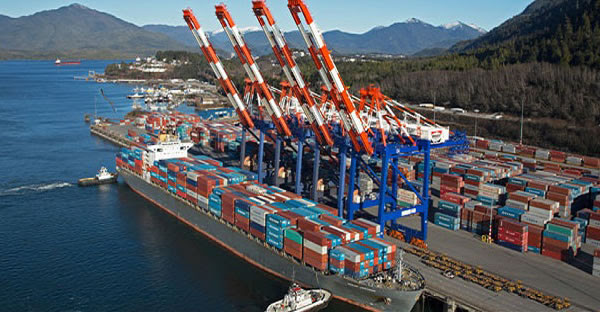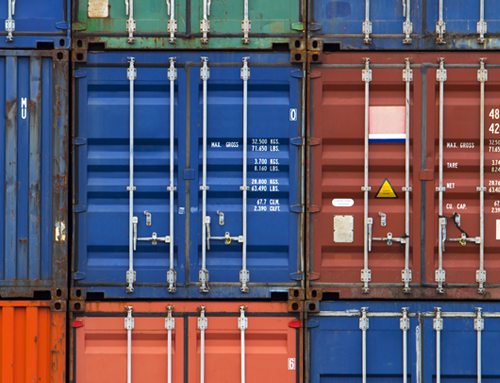The US Federal Maritime Commission (FMC) has launched an investigation into Japanese consortium Ocean Network Express PTE and its American subsidiary (collectively “ONE”) to determine the legality of the line’s Merchant Clause. ONE’s response was originally due at the and of this month, but this timeline has been extended by the filing of a motion seeking to stay the proceedings.
As readers will know, almost all ocean carrier bills of lading contain a “Merchant Clause” purporting to include the widest range of entities as “Merchants” responsible for charges under the bill of lading. The Merchant Clause used by ONE is typical:
“Merchant” includes the Shipper, Consignee, owner, Person owning or entitled to possession of the Goods or of this Bill, Receiver, Holder, and anyone acting on behalf of any such person, including but not limited to agents, servants, independent contractors, non-vessel operating common carriers (“NVOCCs”), and freight forwarders;
US Courts, however, do not take such a broad view, and require that carrier claimants establish privity of contract between the line and the party from which the line seeks to recover charges:
“Contractual obligations cannot be imposed on an intended beneficiary absent a showing that the third party manifested acceptance to be bound or the existence of an agency relationship with one of the contracting parties.” Dynamic Worldwide Logistics, 77 F.Supp.3d at 374., quoted in ZIM AM Integrated Shipping vs Sportswear Group.
It is worth noting here that presentation of a bill of lading to obtain delivery, or suing on a bill of lading, would constitute acts manifesting acceptance to be bound; a party asserting rights under a bill cannot deny accepting obligations under the same bill (and thus, e.g., a forwarder who held bills of lading in order to enforce a lien on cargo could not subsequently deny liability to the carrier under the Merchant Clause of those bills: DHL v CMA-GGM).
The present complaint involves Cargo had been detained at the port of unloading in Texas between November 2018 and Jan 2019 as a result of a commercial dispute between the consignee and ONE. In May 2020 ONE brought suit against the consignee’s freight forwarder Greatway Logistics LLC, alleging that Greatway was liable for the detention charges that had accrued because it was listed as the notify party on the ONE bill. The forwarder was not a shipper or consignee, did not have any beneficial interest in the cargo, and was not involved in the underlying dispute between the parties that caused the delay.
In the Investigation the Commission alleges that
“ONE unreasonably defined and applied its definition of a merchant to demand payment from Greatway, when Greatway was not in privity of contract with ONE, did not have a beneficial interest in the cargo moved, and did not assent to be bound to ONE’s BOL Terms and Conditions or to be liable for payment of any charges due to ONE.”
We will continue to watch and report on this and other FMC investigations that will clarify the Commission’s recent rulemaking and commentary in respect of Merchant Clauses and carrier practices in respect of Detention and Demurrage charges, which (it may be hoped) will flow through the supply chain to the benefit of forwarders and NVOCs beyond America’s borders.






Leave A Comment